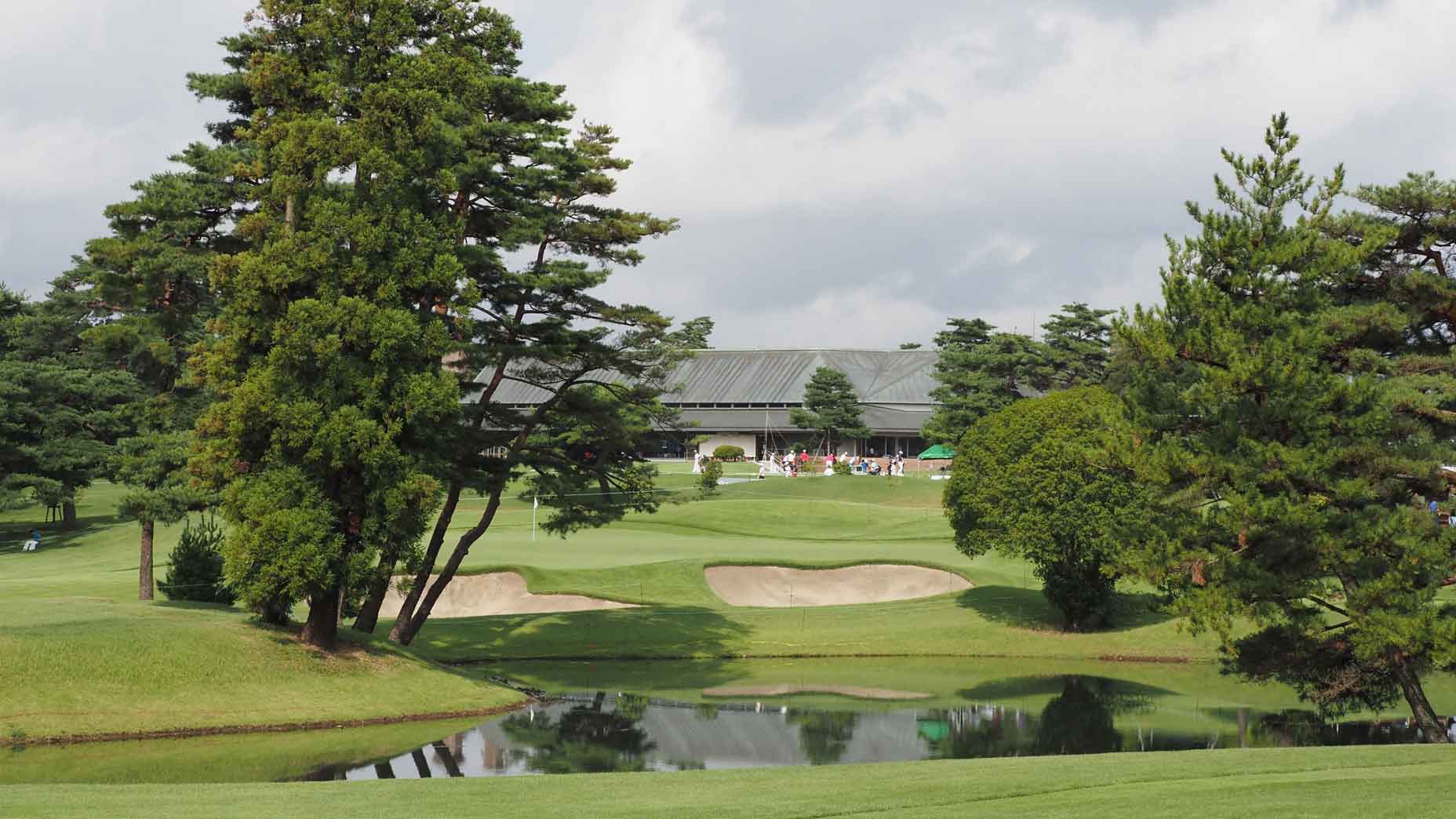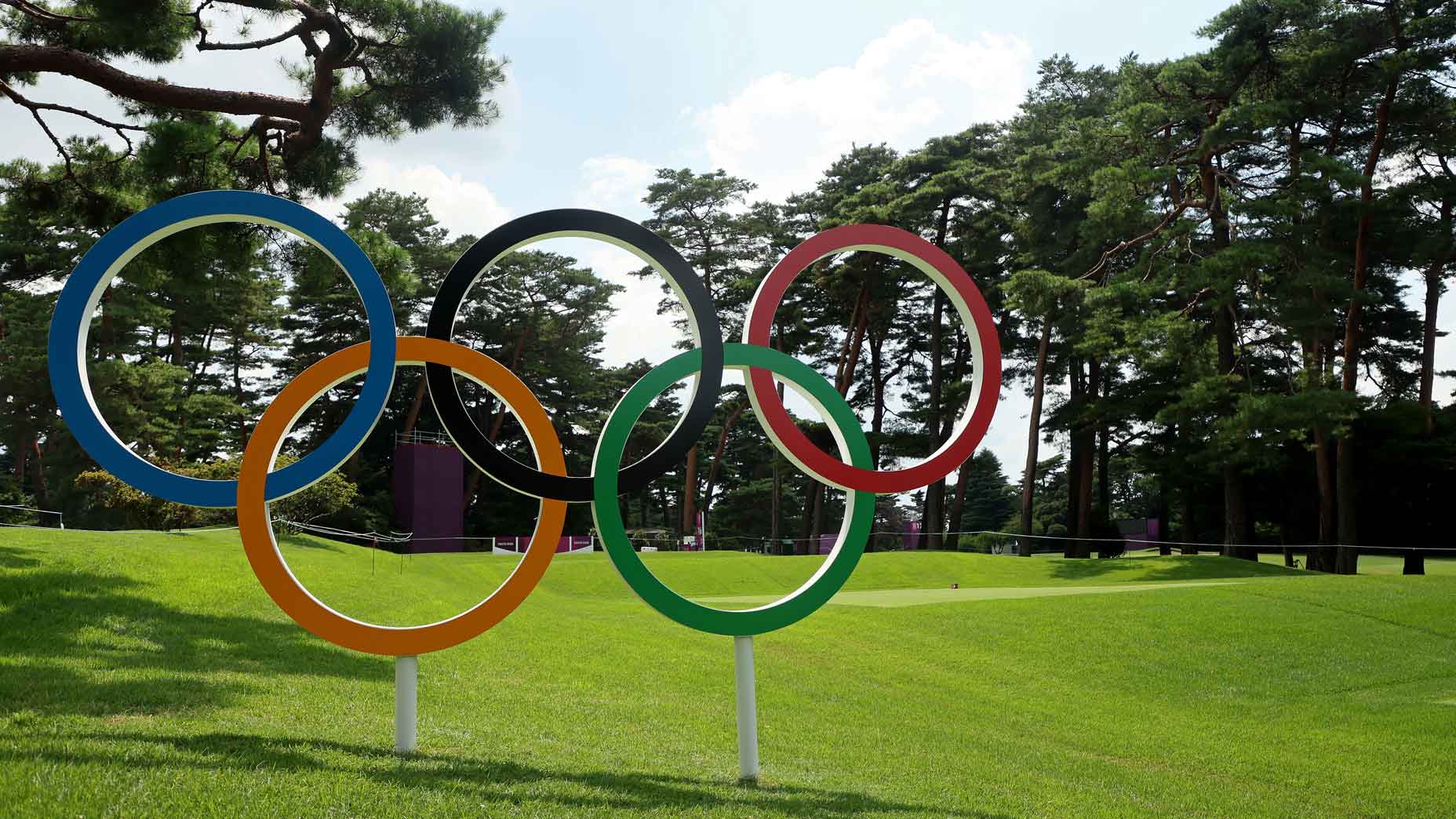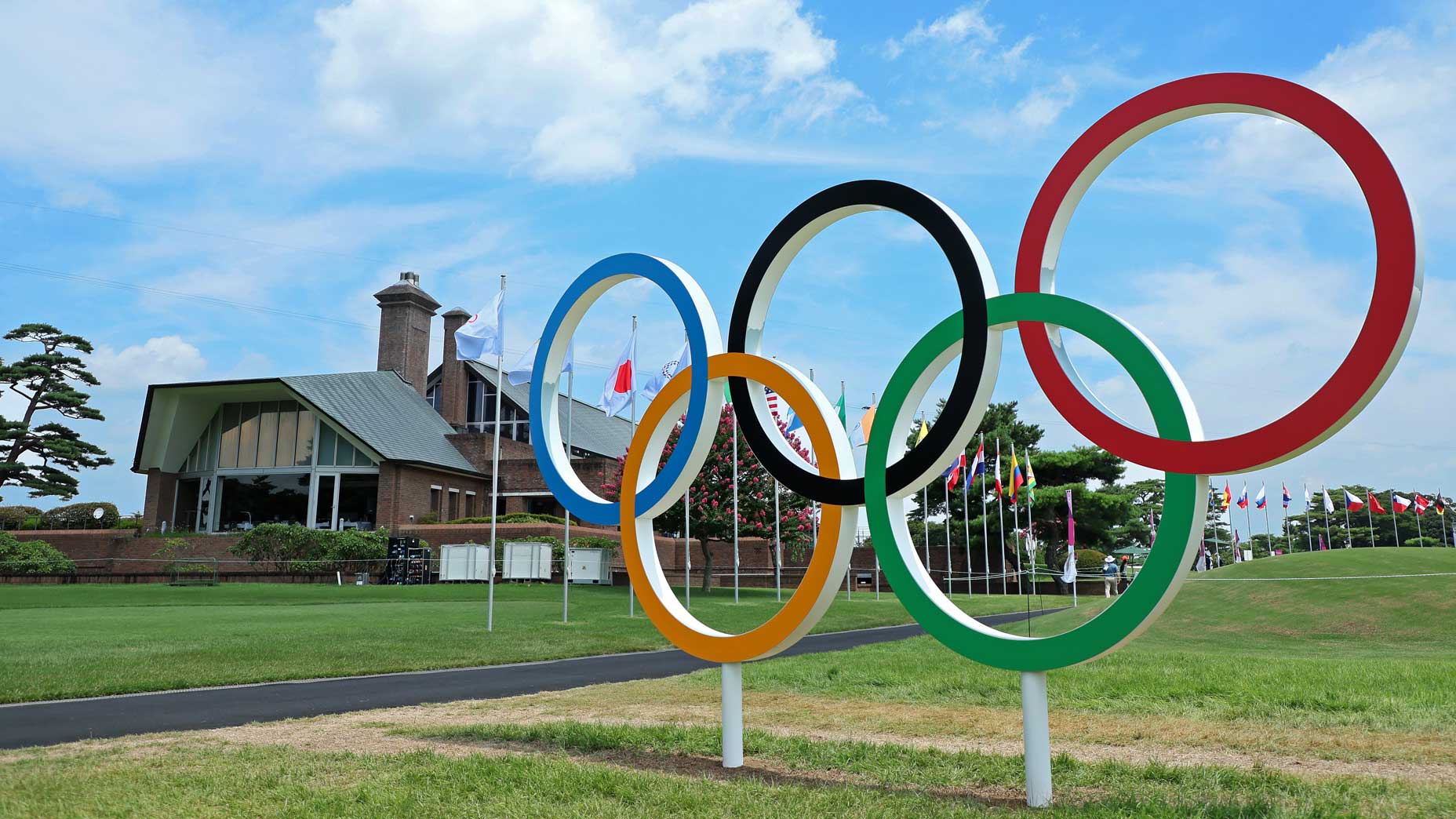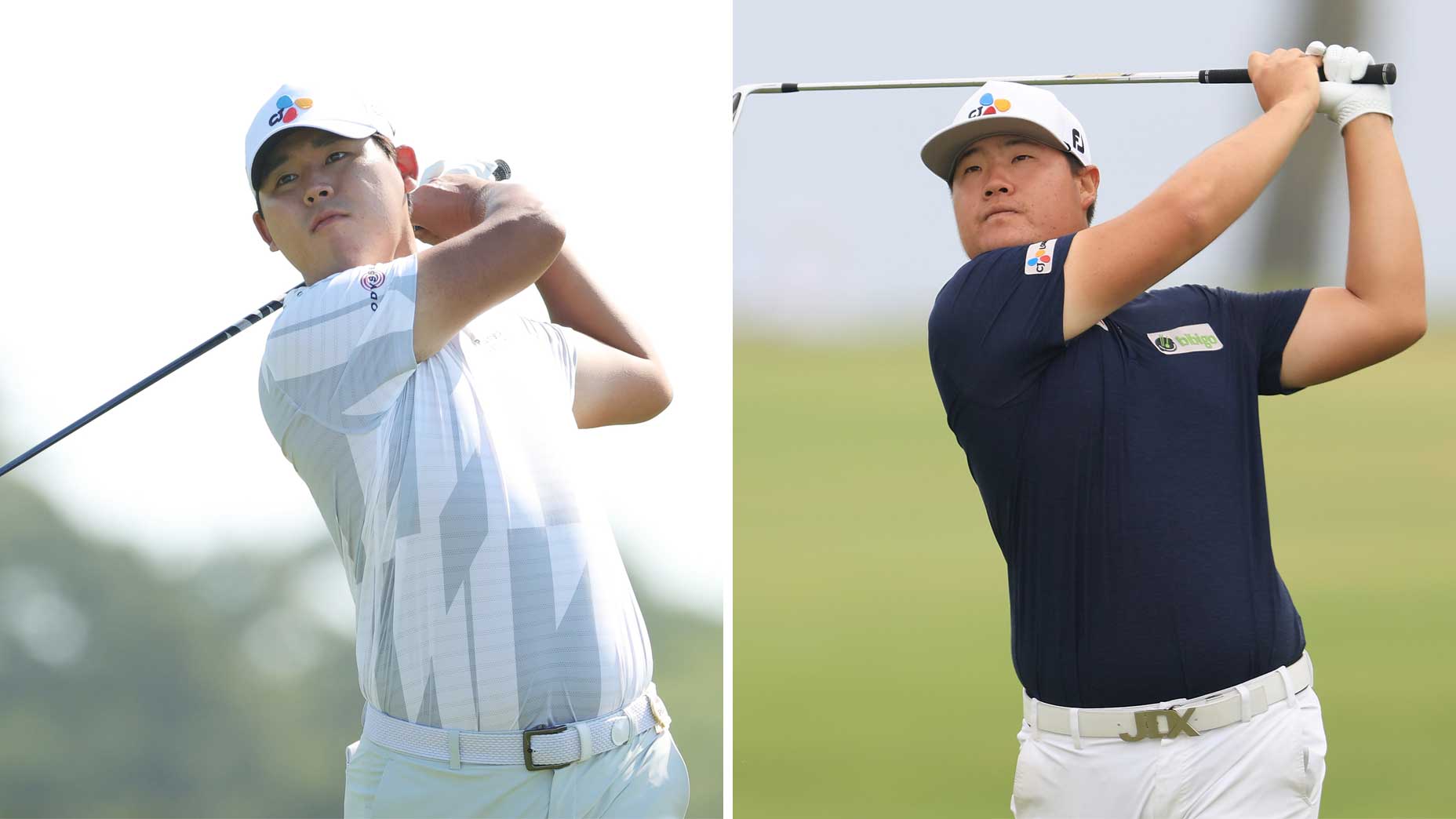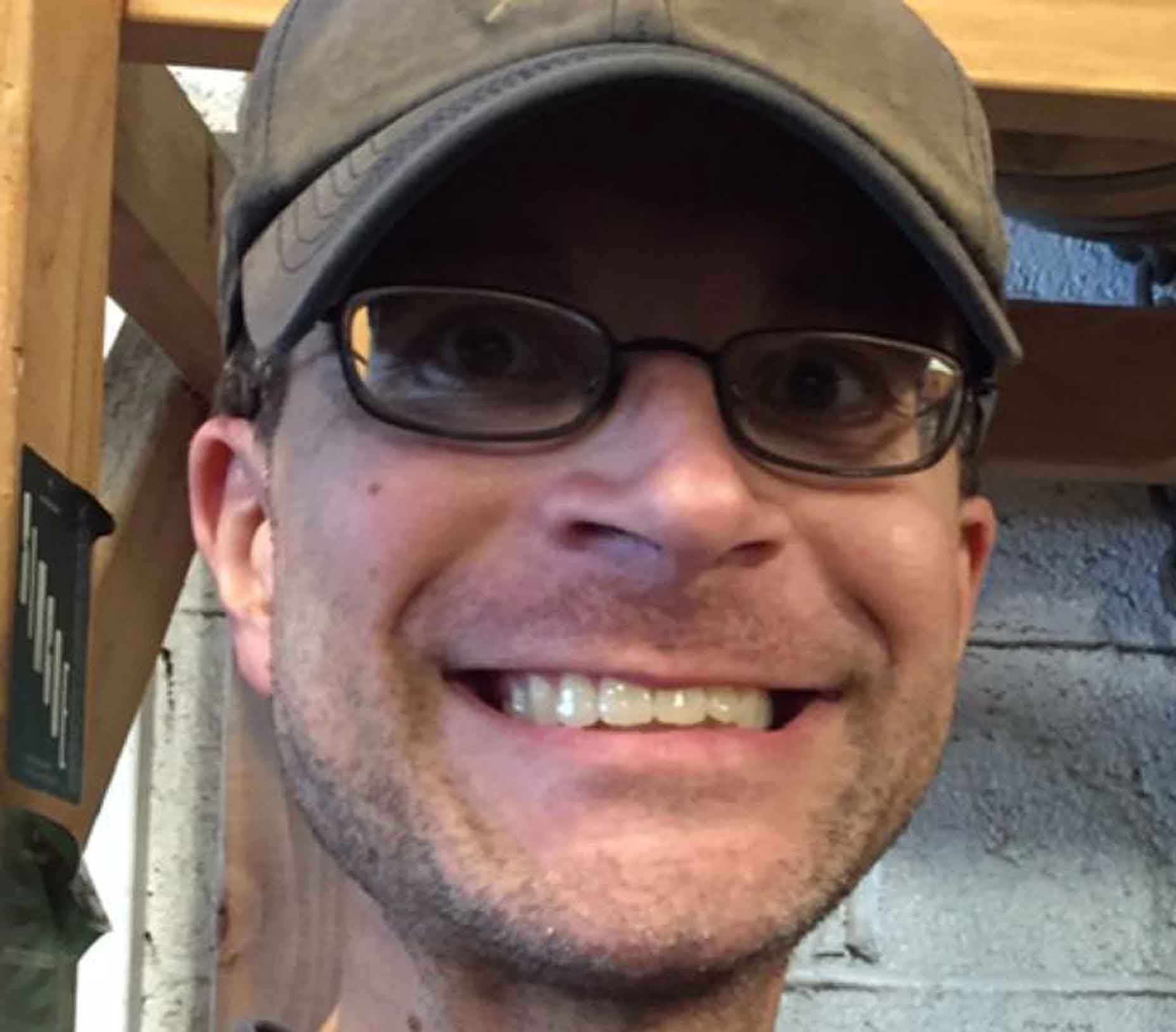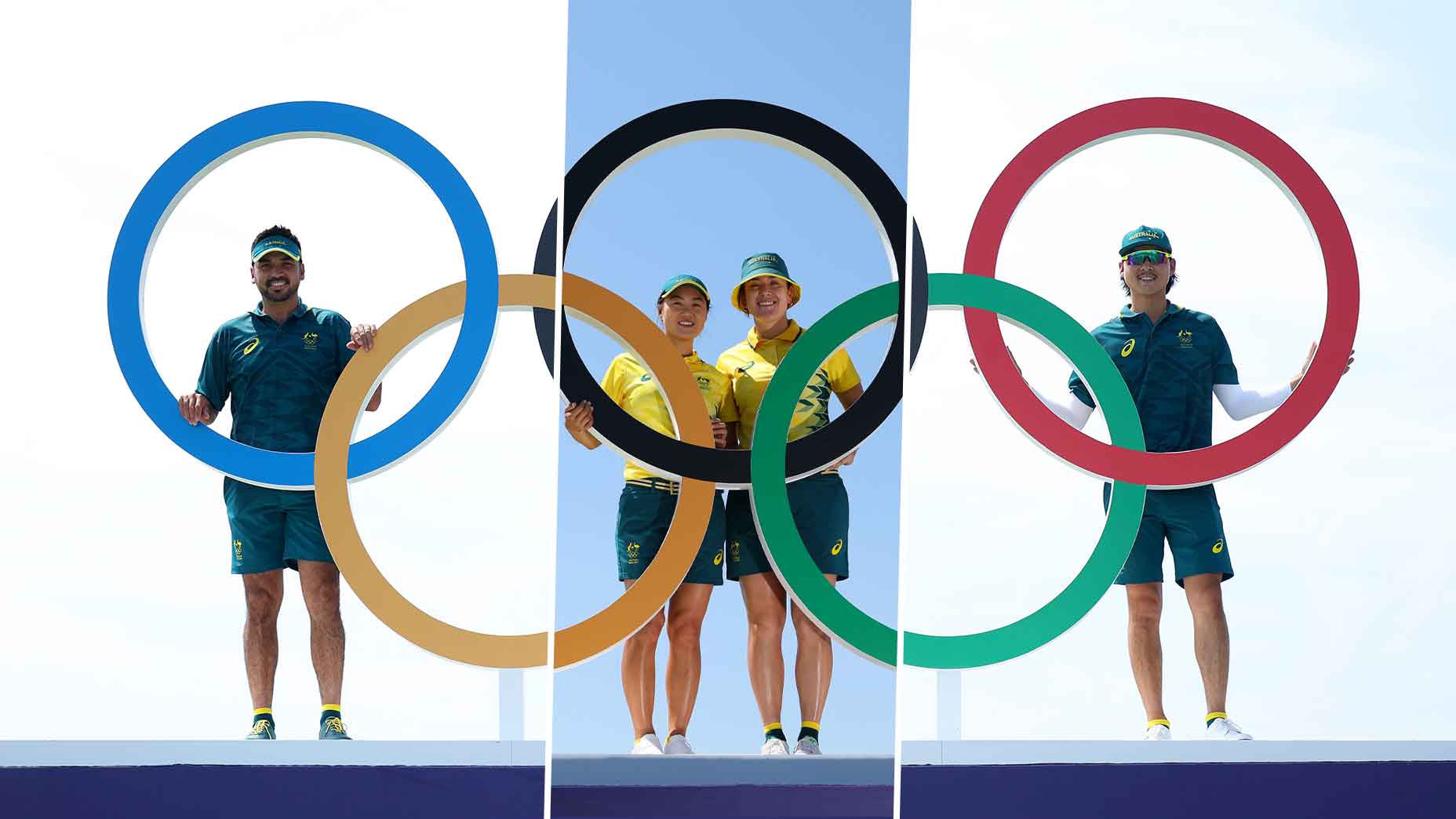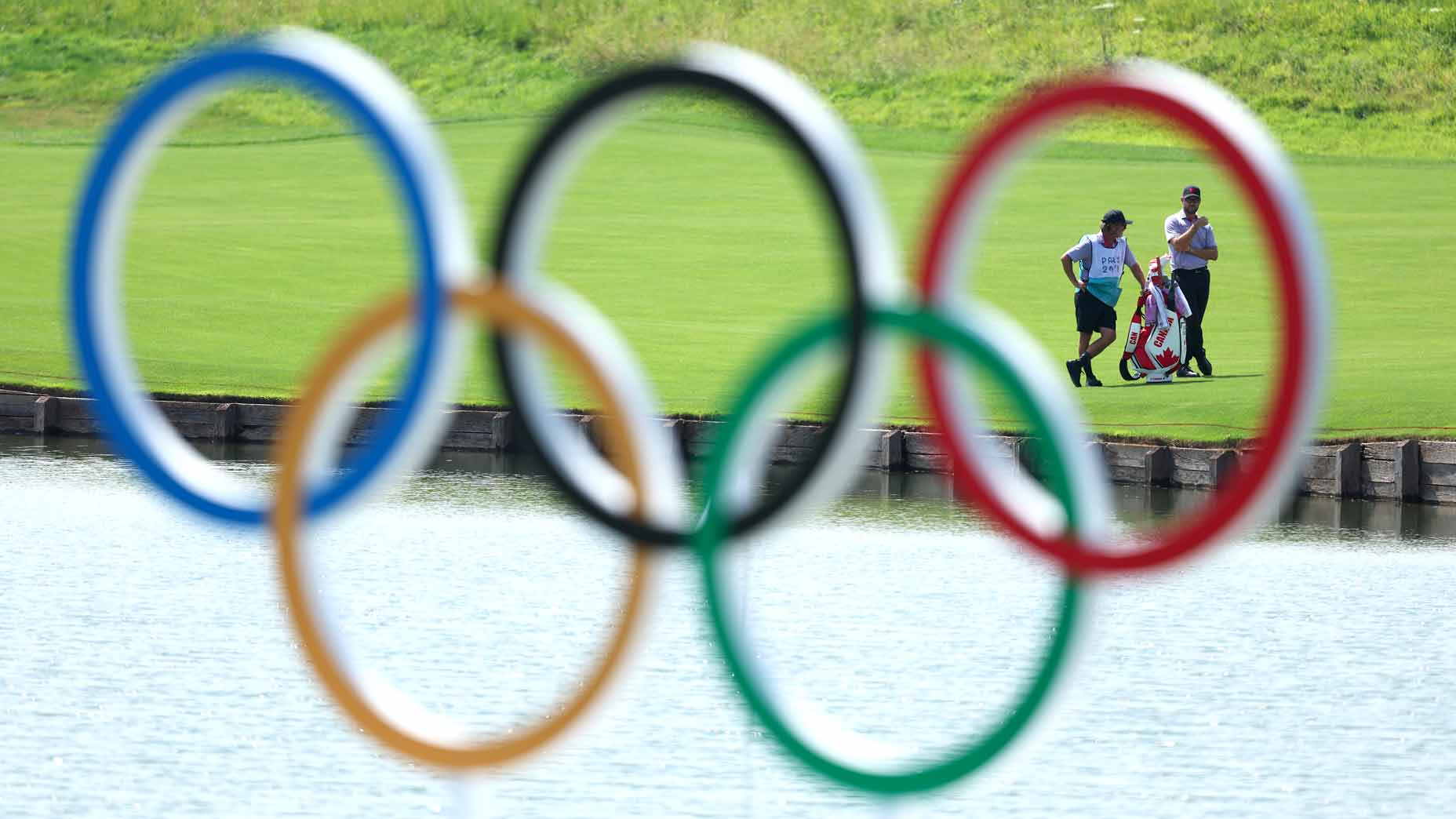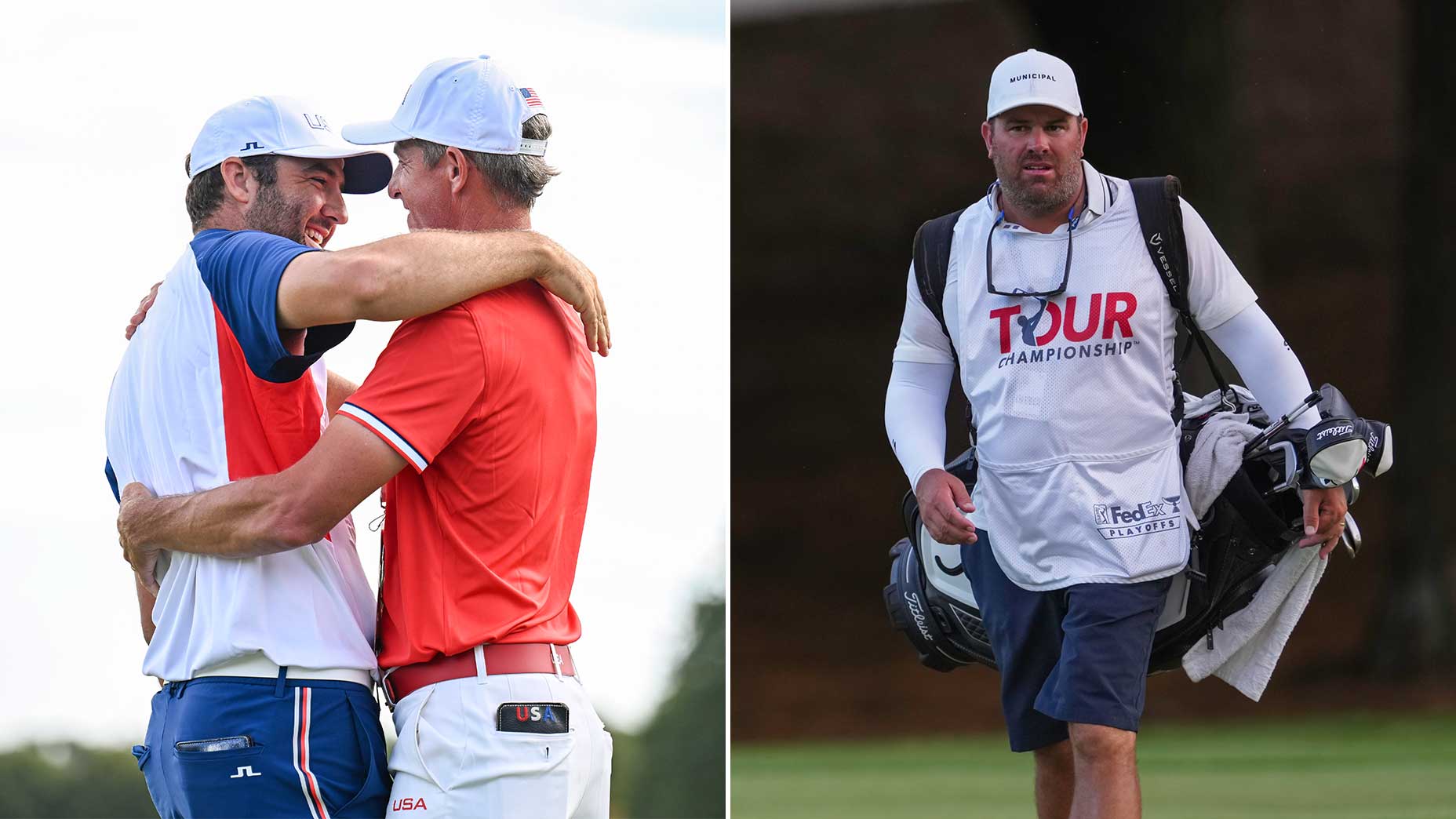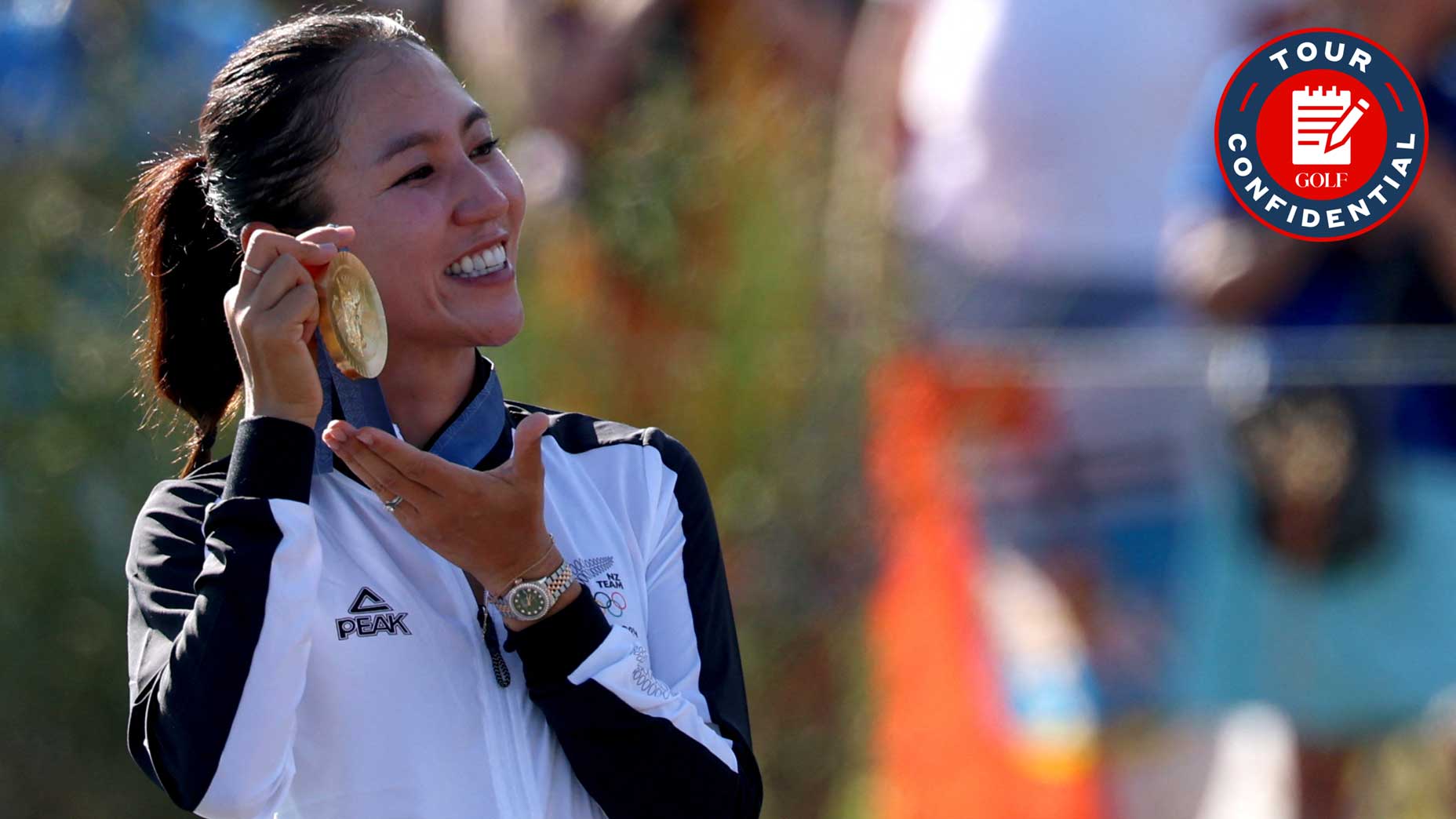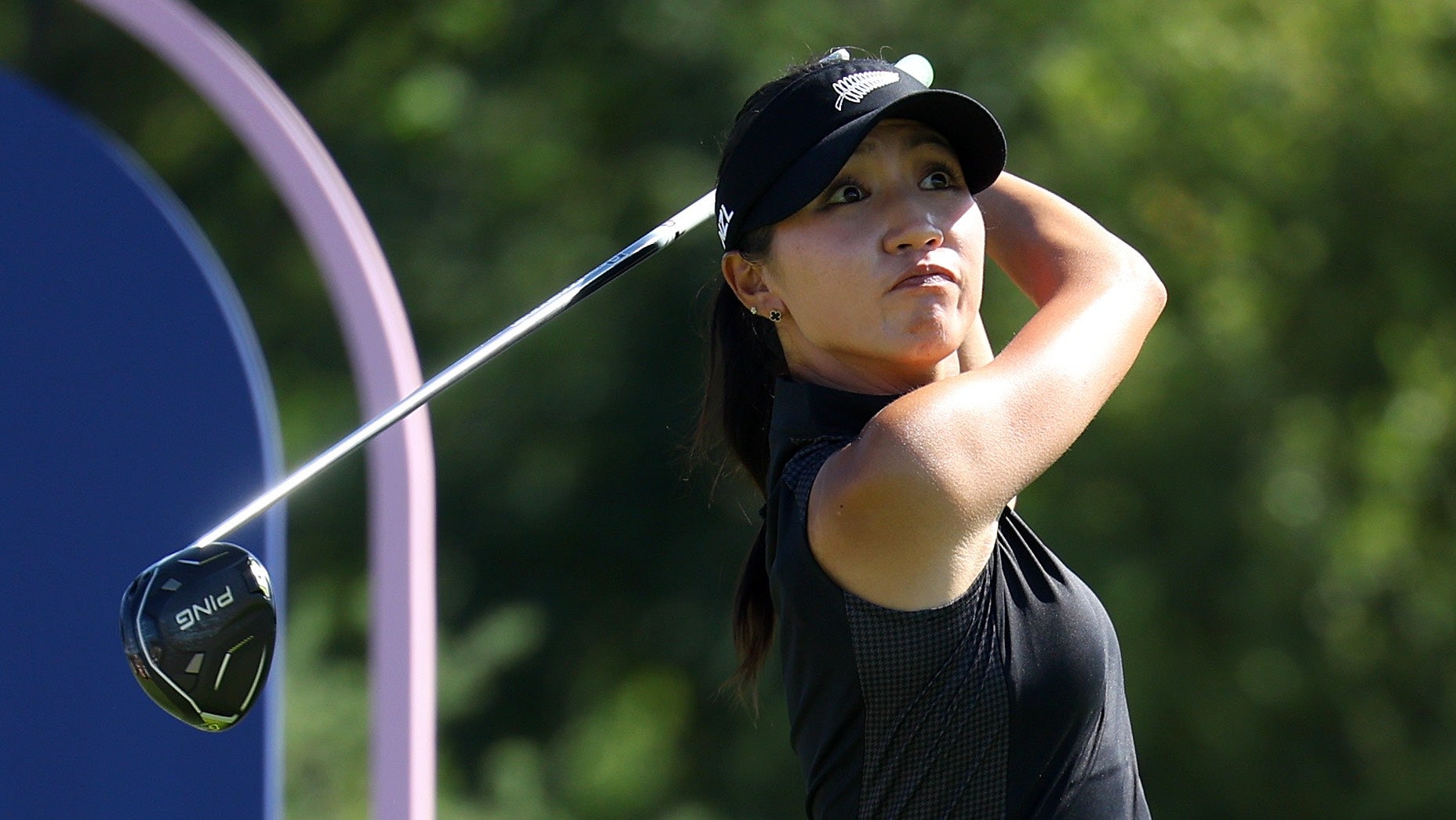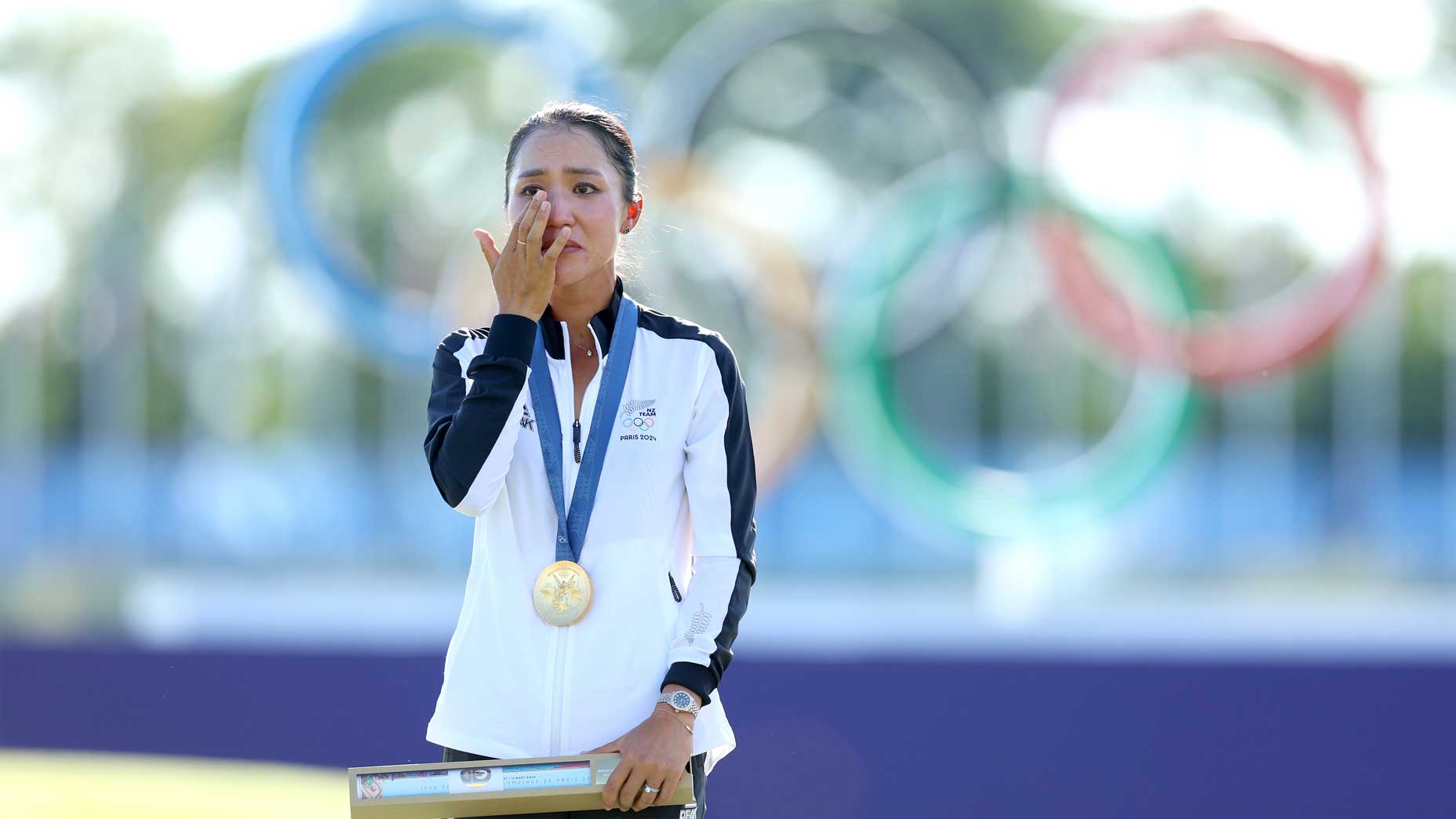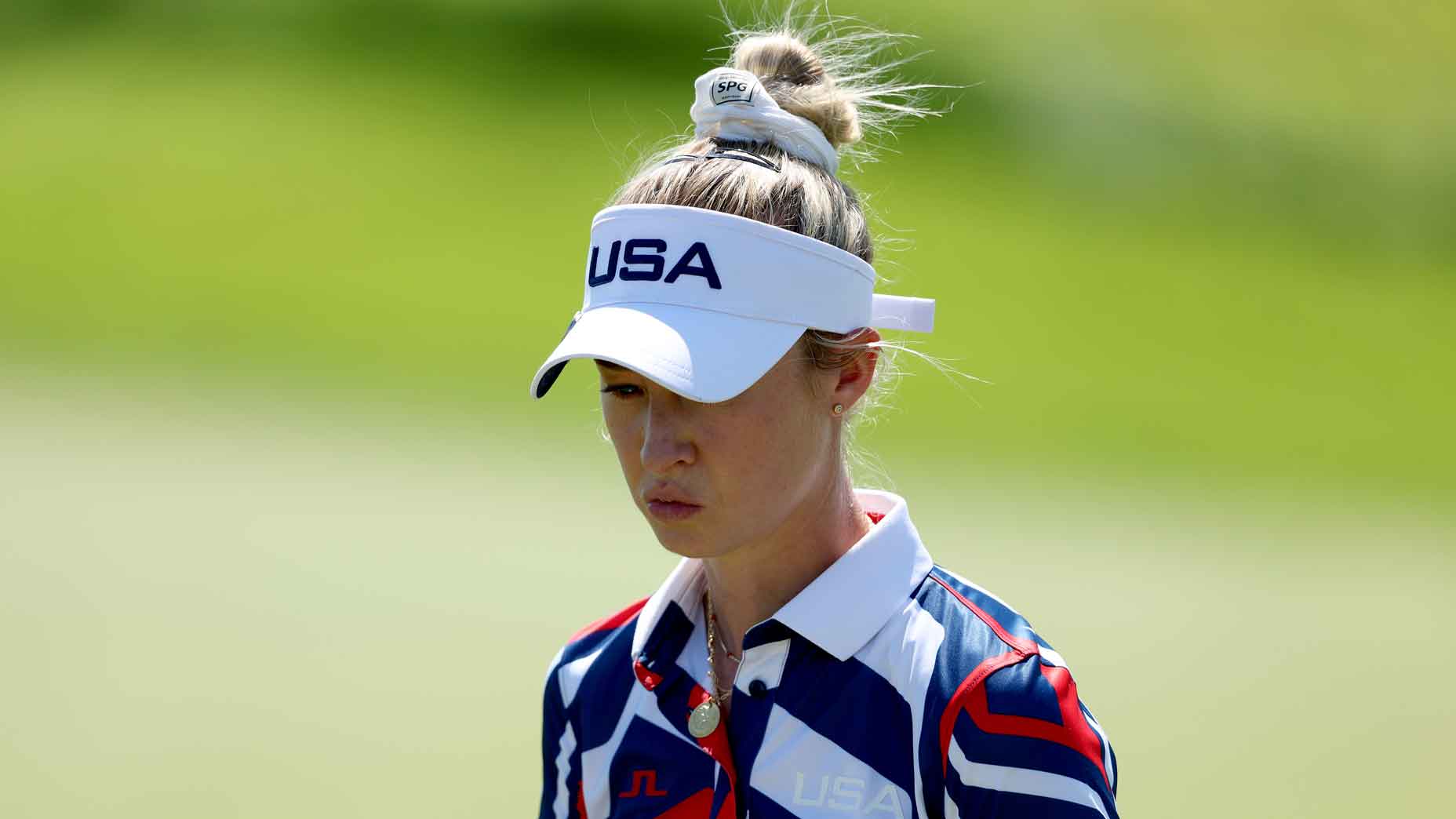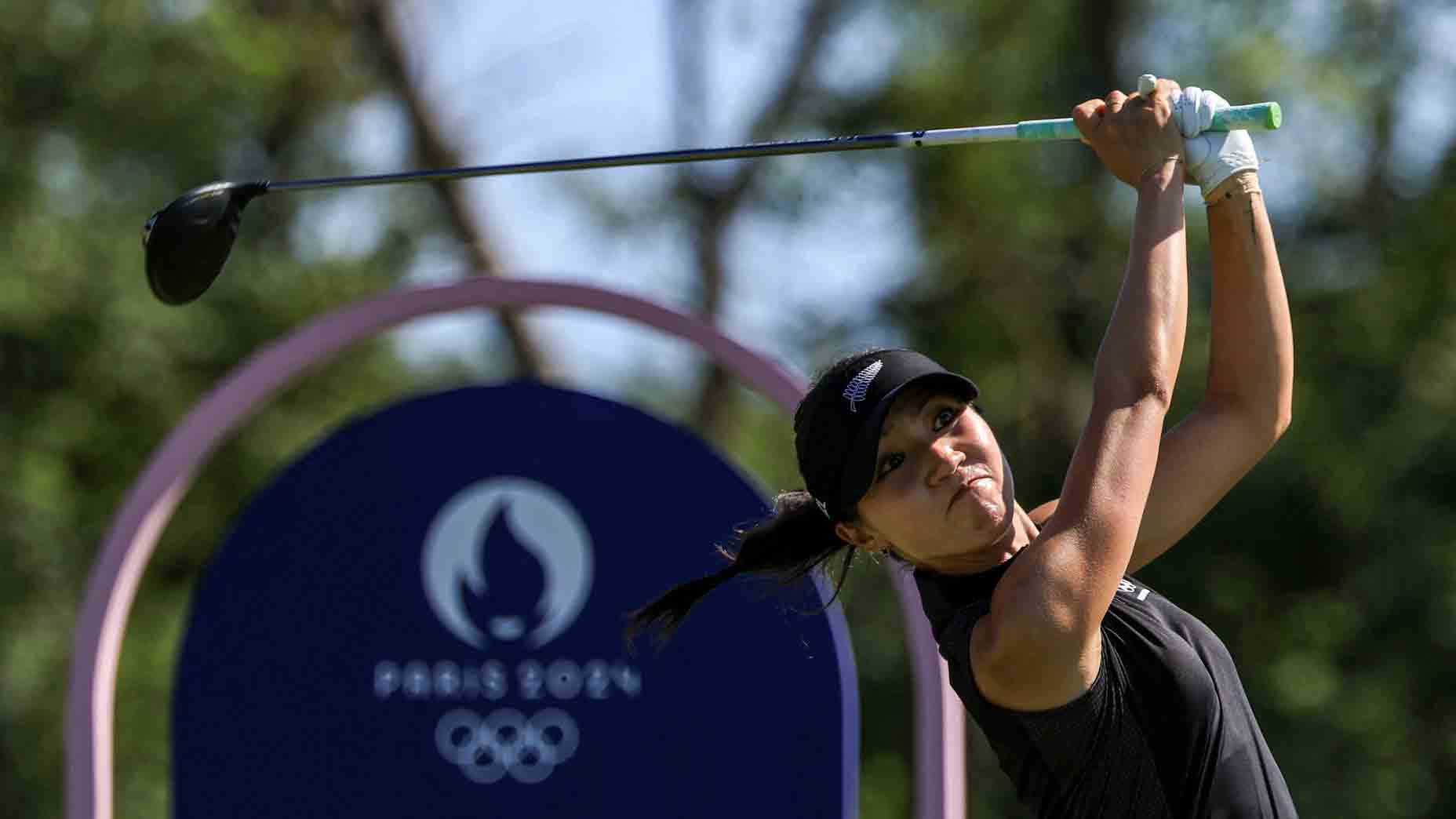A loaded Team USA. A nearly 100-year-old golf course that launched a Masters champ to stardom. Two players playing for much more than a medal.
The men’s Olympic golf tournament begins Thursday (and Wednesday night in the Eastern time zone) at Kasumigaseki Country Club in Japan. Let’s look at the players, the storylines, the numbers to know, the odds, the television broadcast and more.
The players
While the list of those not playing is notable (more on that later), so, too, is the roster of those who are. In all, 60 players will be teeing it up, and their selection was based on the Olympic Golf Ranking, which was based on the Official World Golf Ranking. The top 15 ranked players qualified (unless their country already had four), and, from there, the field was completed by ranking (though a country could have no more than two players qualify through this route, and if a country qualified two players from the top 15, they could have no more on their team).
A look at the top 10:
This will be the weirdest week of pro golfers’ careers. For those here in Tokyo, that’s just fineBy: Sean Zak
1. Justin Thomas, U.S.: Thomas won the Players Championship back in March.
2. Collin Morikawa, U.S.: Morikawa won the Open Championship two weeks ago, his second major championship in just eight major starts.
3. Xander Schauffele, U.S.: Schauffele was within a stroke of the lead while standing on the 16th tee during the final round of the Masters in April before disaster struck.
4. Bryson DeChambeau, U.S.: Last year’s U.S. champ is the fourth of four U.S. players in the top five.
5. Rory McIlroy, Ireland: McIlroy won at Quail Hollow in May, and at least one analyst says Kasumigaseki Country Club shapes up similarly.
6. Viktor Hovland, Norway: Hovland has missed one cut since the PGA Tour returned from its hiatus last June.
7. Hideki Matsuyama, Japan: The Masters champ is one of his country’s most beloved Olympians.
8. Patrick Reed, U.S.: Reed replaces Bryson DeChambeau, who was forced to withdraw after testing positive for Covid-19 before leaving for Japan. Reed also played in the 2016 Games, finishing tied for 11th.
8. Paul Casey, Great Britain: At the majors this year, Casey tied for 26th at the Masters, tied for fourth at the PGA, tied for seventh at the U.S. Open and tied for 15th at the Open Championship.
9. Abraham Ancer, Mexico: Right behind McIlroy at Quail Hollow was Ancer.
10. Sungjae Im, South Korea: To understand how important this tournament is to Im and fellow South Korean Si Woo Kim, continue on below.
The storylines
9 early observations from the Olympics and Kasumigaseki Country ClubBy: Sean Zak
Big names are out
For Covid-related and other reasons, some of the bigger names in golf elected not to play, including Dustin Johnson of the U.S.; Englishmen Tyrrell Hatton, Matthew Fitzpatrick and Lee Westwood; South Africa’s Louis Oosthuizen; Spain’s Sergio Garcia; and Australia’s Adam Scott. Then, just days before the start of the tournament, DeChambeau and Jon Rahm, the top-ranked player in the field, were forced to withdraw after testing positive for Covid.
Does Scott have second thoughts?
“No, definitely no second thoughts about it,” he said at the Open Championship. “It’s questionable really whether it should go ahead, an event of that scale. The fan situation is not good at the moment. I don’t think certain parts of the world don’t understand the fear that the Japanese are experiencing at the moment. They’re not as advanced vaccination-wise as some other areas. You have to question whether it’s really a responsible decision to go ahead.
“But that’s not really why I’m not going anyway. I’ve been home seven weeks so far this year, and it’s hard to justify another week away.”
More than a medal at stake
More than a medal is at stake for South Korea’s Sungjae Im and Si Woo Kim.
All able-bodied South Korean men are required to fulfill a 20-month military service by their 28th birthday — but there are exemptions for athletes who medal at the Olympics. Should Im and Kim finish in the top three then, they will be able to continue their play on Tour.
Im and Kim tried to help their hopes by skipping the Open Championship to prepare for the Games. Maybe others will also assist. When Rahm was told earlier this year of the South Korean requirement, he said: “Well, I would say if we’re fighting for fourth and third place, I’m open for bribing if he needs me to make a three-putt on the last hole. We can always talk about it. I like Korean food. We can always talk about it.”
Here’s why two top-50 golfers are skipping The Open ChampionshipBy: Zephyr Melton
Hideki’s homecoming
While no fans will be in attendance, the focus of the Japanese faithful will no doubt be on Matsuyama.
Just how big would a win be from the native of Japan? Shigeki Maruyama, a three-time PGA Tour winner and Japan’s coach for the Olympics, told the Straits Times that the economic effect alone would be “huge.” “He gave us a big dream,” Maruyama said. “That’s what I think he did. Japan’s experiencing a golf boom right now. Because of that, the number of junior golfers who want to become the next Hideki will increase for sure.”
Matsuyama, for his part, is ready. And while Kasumigaseki Country Club is a relative unknown to most, one player has both played and won on it: Matsuyama. In 2010, the then-18-year-old prevailed at the Asian Amateur Championship — which afforded him his first Masters invite, in 2011. Of course, 10 years later, Matsuyama would win again, this time at Augusta National.
“Go there and win a gold medal. That’s my goal, and I’ll do my best to accomplish it,” Matsuyama told the Times. “I still have an active role to play for probably another 10 to 15 years, and I want to do my best to be an example and role model to all the kids and young golfers out there.”
The course
Both the men’s and women’s tournaments will be played at the East Course at Kasumigaseki Country Club, which stretches out to a par of 71 over 7,466 yards. Opened in 1929 under the design of Kinya Fujii and Shirou Akaboshi, it’s been redesigned twice, first by C.H. Alison in 1929, then by Tom and Logan Fazio in 2016.
A major change during the second redesign? The East Course’s two-green layout was turned into the more traditional one-green design, according to a 2017 Golf Course Architecture story written by Tom Fazio. Two greens are used on courses in Japan to accommodate play during various temperatures.
For a drone tour of the front Kasumigaseki nine, click below:
For a drone tour of the back Kasumigaseki nine, click below:
The numbers to know
60
The number of players in the field. There is no cut in the 72-hole event. Should players be tied after the 72 holes, they will play a three-hole playoff, and if it remains tied after that, they will go to sudden death.
13
The hour time difference between Tokyo and the Eastern time zone. The tournament runs Thursday through Sunday — but the Golf Channel broadcasts will start at 6:30 p.m. ET the days before.
0
Returning number of medalists. In 2016, Justin Rose won the gold medal, Henrik Stenson the silver and Matt Kuchar bronze. Before that, men’s golf hadn’t been played in the Olympics since 1904.
The odds
According to BetMGM, Morikawa is the favorite, at 7-1, followed by Schauffele at 9-1; Thomas at 10-1; Matsuyama, McIlroy and Hovland at 12-1; Casey and Reed at 16-1; Ancer at 20-1; and Cameron Smith and Joaquin Niemann at 22-1. The most popular bet is Matsuyama, according to oddschecker.com, a site that tracks both odds and which players are the most popular with gamblers.
How to watch
Tokyo is 13 hours ahead of the Eastern time zone, and the Golf Channel’s broadcast schedule reflects that.
The Olympic TV schedule, with times Eastern:
Wednesday, July 28: 6:30 p.m.-3 a.m., Golf Channel
Thursday, July 29: 6:30 p.m.-3 a.m., Golf Channel
Friday, July 30: 6:30 p.m.-3 a.m., Golf Channel
Saturday, July 31: 6:30 p.m.-3:30 a.m., Golf Channel
